When the hunger monster strikes, what choices do you make? And how are those choices affecting your health? If you’ve landed here, you already know that your snacking habits need some improvements and you’re looking for healthier versions of your daily nibbles. So what are healthy snacks and how can we make them more interesting?
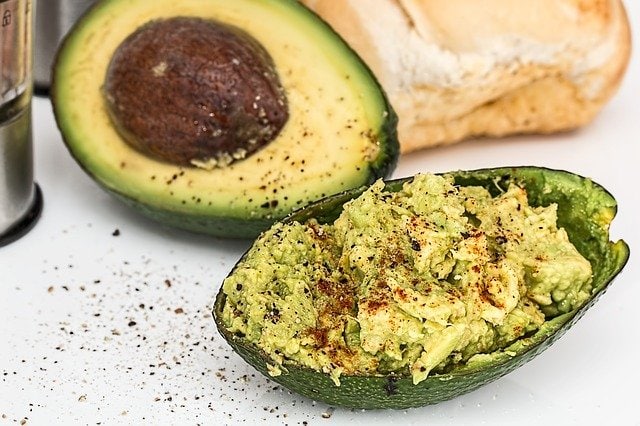
Understanding healthy snacks
A healthy snack can mean different things to different people. They do not have to be vegan or low-fat to be healthy. For someone counting calories, a healthy snack will keep you full but not add to your daily calorie count. An avid gymmer might want a healthy snhelpelps recover from this morning’s weight-lifting session. For someone with diabetes, a healthy snack ensures that your blood sugar level is maintained.
But when you examine what are healthy snacks you’ll see a common thread: they do not fill you with empty calories or with bad fats and sugar; they are powerhouses of nutrients, they will keep you full for a long time, and they are usually made of whole ingredients.
Stock up on healthy snack options
If hunger catches you off-guard and unprepared, you’ll begin to feel cravings for junk food and are more likely to choose unhealthy snacks. This is why it’s important to fill your house with healthy snacking options that you enjoy.
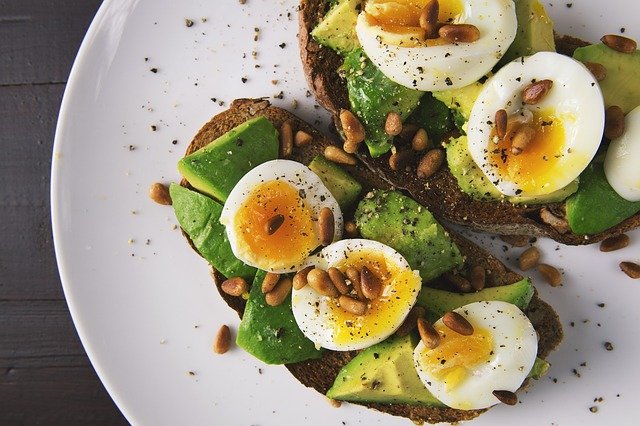
What are some healthy snacks you should always have at home? Here are some ideas:
- Fresh fruit
- A portion of low-fat, low-sugar ice cream
- A glass of chocolate milk with no added sugar
- Soups with no added salt
- Low-fat cheese with wholegrain crackers
- Trail mix
- Eggs
- Popcorn
- Wholegrain pretzels or bread
It is recommended that you eat a full meal so that you aren’t hungry between meals, but you should never ignore your body’s hunger cues. If you’re not at home and start to feel hungry, look for fruit cups, roasted seeds and nuts, or a couple of squares of dark chocolate. If you have pre-existing health conditions, a nutrition and dietetics expert may be able to help you decide on healthy snack options.
The benefits of healthy snacks
Snacking might not seem like a healthy habit but it can be if you do it right. If you’re choosing bags of chips or a handful of chocolate raisins, you’re not doing any good to your body. But by understanding what are healthy snacks, you can enjoy benefits like:
- Higher energy levels that last longer
- Balanced vitamin and nutrient levels
- Easier weight loss due to boosted metabolism
- Lower calorie consumption due to reduced junk cravings
- Moderate consumption at meal times
How bad snacking habits can derail your health
You may be hitting all the right notes with your main meal options and exercise routine but the wrong snacking habits can interfere with your weight and fitness goals.
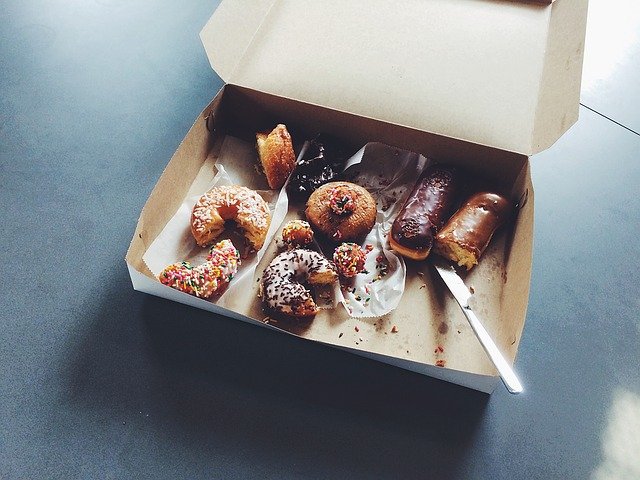
All of us are prone to picking up a few bad habits and they can become easily ingrained. Over time these habits become a part of your day but cause damage to your health. Here are some bad habits that you may recognize:
- Eating processed snacks that are full of salt, sugar and fat
- Misinterpreting thirst for hunger
- Over-eating snacks so that they deliver as many calories as a meal
- Emotional eating that leads to overeating and processed foods
- Eating out of boredom instead of following your hunger cues
- Snacking on low-fibre junk that does not satiate your hunger, leads to another snack in a few hours
Snacks are good for you – after all, what are healthy snacks but a way to keep you energetic and full throughout the day? But it’s possible to slip into bad habits so you must be mindful of how and when you snack. If you find yourself still struggling to maintain what is a healthy BMI for your height, despite eating right at main meals and sweating it out consistently, you may need to examine your snacking habits.
Developing healthy snacking habits
If you’re not sure where to begin and are wondering what are some healthy snacks guidelines that you should be doing, we’ve got some suggestions.
Mind the size:
It’s not how often you snack as much as how much you snack. A snack should never equal a main meal and should only be eaten to ward off hunger pangs and give you enough energy to last through the day.
What are healthy snacks in terms of calories? If you want to put a number to it, keep your snacks to about 150 calories. This recommendation will vary according to your current physical condition and activity regimen.
If you’re wondering what are some healthy snacks that fall within this calorie range, here are some suggestions:
- One apple with a few almonds
- A cup of low fat yogurt with some granola
- Two whole-grain crackers with low-fat cheese.
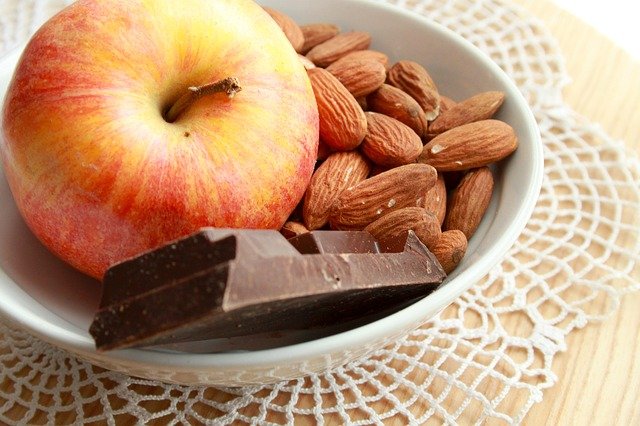
Follow your hunger:
The biggest causes for unhealthy snacking are boredom, stress or emotional eating. This is something we are all guilty of, so it is important to observe the signs that your body sends you.
By understanding what is mindfulness and listening to your body, you will be able to identify the signs. Next time you’re trying to figure out what are healthy snacks or unhealthy snacks, stop and ask yourself if you’re really hungry or if you’re bored, emotional, stressed or tired.

Make it easy for yourself:
Nothing derails your healthy snacking habits as easily as the cravings you get when you’re hungry and cranky. This is when you’re most likely to give in to your junk food cravings and look for a doughnut, slice of pie or a bowl of ice cream instead of a nut bar or wholegrain crackers.
Keep a supply of healthy snacks on you so that you’re always prepared. It is far better to have some snacks in your bag than go to the nearest convenience store or vending machine where only unhealthy options are available.
What are some healthy snacks you can slip into your bag? Grabbing a fruit at home is the easiest but if you’re away from home and looking for snacks, choose mini packets of nuts or sunflower seeds, energy bars, low-fat cheese sticks, rye bread and cream cheese, or a low-fat yoghurt cup.
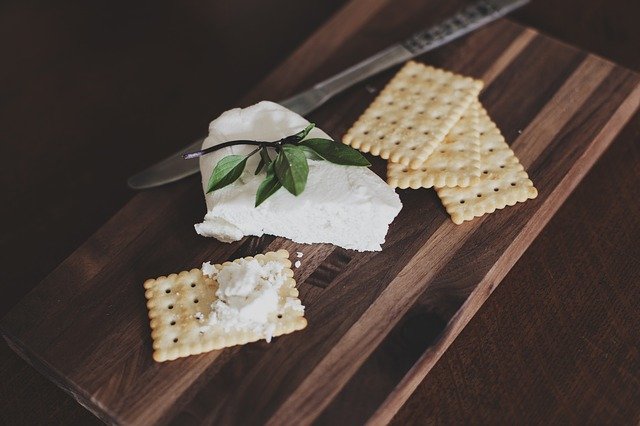
Choose fibre and protein over all else
If you are trying to cut down on calories and are tired of figuring out what are healthy snacks for you, choose foods high in fibre and protein. This is because both of them have the highest satiety value which means they keep you full for longer. If your snacks keep you full, you’re not likely to eat a lot and you won’t overeat at mealtime.
What are some healthy snacks that are high in fibre and protein? Try these:
- Baked chickpeas
- Wholegrain biscuits with nut butter
- Fruits and nuts
- Hummus with roasted vegetables
- Granola with low-fat yogurt
The rules of healthy snacking
When you are revamping your snacking rituals, you should follow some simple rules to make sure you’re snacking healthy.
- Snacks should be much smaller than your main meal.
- Grab a snack only when you’re really hungry and not because you’re bored or stressed.
- Focus on superfoods and the benefits of probiotics when choosing snacks
- Serve your snack portion on a plate or in a bowl so that you can control the portion size. If you’re eating chips while watching television, you might end up finishing the packet without needing to.
- Try to avoid grazing on snacks all day because you’re less likely to eat a complete meal. This can result in your body not getting enough essential nutrients.
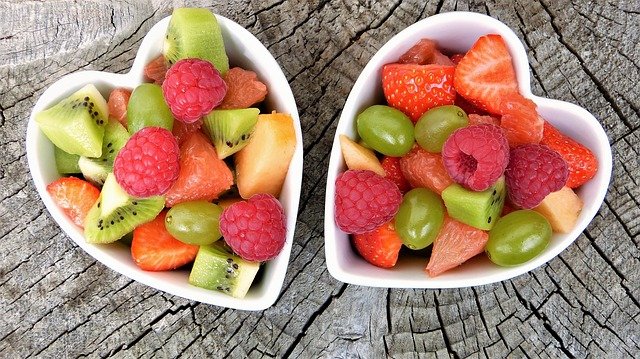
It is also important to know that snacking is entirely optional as well. If you’re not one of those who likes to snack and prefers three main meals a day instead, stick to that approach because it works for you. Everyone’s appetite is different and depends on factors like age, activity levels and what you eat during your main meals.
Making healthy snacks at home
When you’re at home, you have the freedom to enjoy experimenting with snacks. Avoid buying processed or pre-packaged snacks because those are always easier to choose, and you won’t have the trouble of making a healthier snack.
What are healthy snacks that you can make at home? Try these options:
- Kale chips or any other leafy vegetable chips
- Wholegrain crackers with nut butter or low-fat cheese
- Air-popped popcorn
- Chia pudding
- Low-fat dairy with granola
- Banana berry smoothie
- A bowl of miso soup with tofu
- Homemade whole grain muffin
- Hummus with roasted vegetables
- Whole fruit
- Unsalted nuts (don’t eat more than 20 at a time)
- Fruit and vegetable smoothie with non-dairy milk
- Roasted chickpeas with fava beans
- Low-sugar granola bar
- Dark chocolate
- A scoop of yogurt with fruit and granola
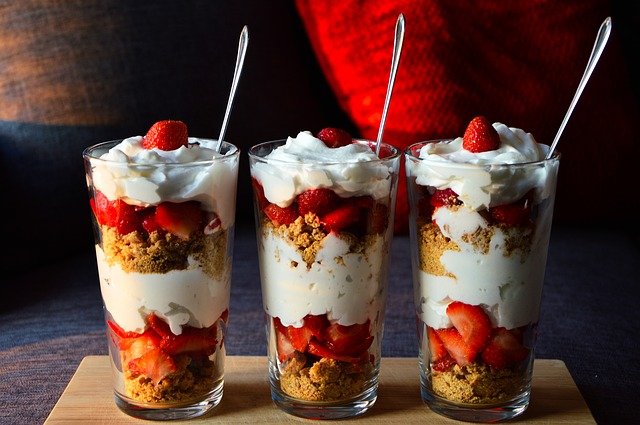
Healthy snacks to carry with you
When you are on the go, your healthy snack options are limited because of the amount and type of food you can carry. But you don’t have to buy packaged food from convenience stores or vending machines if you carry healthy snacks with you.
What are healthy snacks that you can carry with you? Fruits (dried or fresh) are easily the best option for a snack. Here are some other options:
- Low-fat cheese sticks
- Air-popped popcorn
- Wholegrain crackers
- Veggie sticks
- Homemade wholegrain baked goods
- Homemade energy or protein balls
- A small box of dried fruit and nuts
- Unsalted roasted nuts and seeds
One of the other things that you should carry with you as a healthy option is bottled water. While this is not a snack in itself, it serves a dual purpose. Not only does water keep you hydrated but it can also help you determine if the hunger you are feeling is real. Have a few sips of water when you feel like snacking and munch only if you still feel hungry.
Try to avoid drinking other soft drinks or juices and stick to water. The only other drink you can replace water with is green tea and we all know the benefits of green tea.
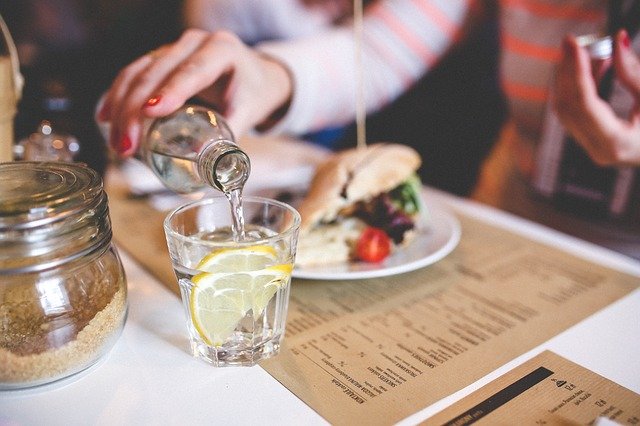
Helping kids choose healthy snacks
Australia is seeing a growing trend of childhood obesity and it begins at home. Children cannot be expected to choose the healthy option when unhealthy options are easily available and attractively packaged. To help your kids eat healthy snacks, here are some things you should start today:
- Explain to your kids how to make healthy food choices and why it is important
- Provide plenty of fun healthy snacks in locations your child can reach on their own
- Make it easy for your child to eat a healthy snack by prepping it. If you store veggie sticks and a tangy dip in the fridge, your child is more likely to eat it rather than make a snack on their own.
- Ensure that junk food, soft drinks, processed foods and pre-packaged snacks are called ‘once in a while’ foods. Do not call them treats or rewards because that makes them more desirable to your child.
- Clean out unhealthy snacking options from your house so that none of the family members are tempted to eat them. Instead stock up on healthy snacks that you can make for yourself or that your kids can make for each other.
- Set an example by following your own rules. If your child sees you making the right choices, they will be more likely to do the same.
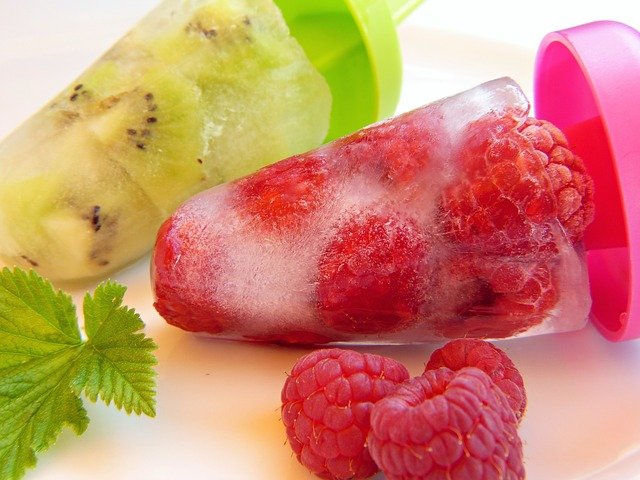
What are some healthy snacks for kids? Kids will enjoy more playful snacks or snacks that resemble their favourite brands. They also enjoy food that they can put together themselves.
Try the following:
- Fruit and juice popsicles
- Yoghurt popsicles
- Homemade cupcakes
- Wholegrain energy bars
- Popcorn
- Celery sticks with peanut butter and raisins (ants on a log)
- Homemade trail mix with nuts, wholegrain cereal and chocolate bits
- Sliced fruit like apples and pears with peanut butter or
- Sliced veggies like carrots with ricotta cheese dip or guacamole
- Snacks to put together yourself: Tacos, nachos or pita pockets with healthy ingredients, crackers and cheese spread, ice-cream sundaes with toppings of chopped fruit and honey.
Read our blog to understand what are whole grain foods and how you can include them in the meal plan for your family.
Choosing healthy when you dine out
If you’re going to eat out, have a light snack at home before you leave. This means you will not be starving when you arrive and fill up on breadsticks and appetizers.
What are some healthy snacks you can choose when you’re at a restaurant? Try these suggestions:
- Drink water or fresh juice instead of sugary cocktails or pre-packaged juices.
- Avoid fried food or foods that are pan-fried or described as crispy or crunchy. Instead choose baked, steamed, grilled or roasted.
- Instead of ordering a large main course that comes with mashed potatoes or bread, order a salad with a side of protein like chicken, fish or tofu. This is healthy, filling, and lower in calories.
- Avoid eating at buffets or all-you-can-eat restaurants which will tempt you with too many options.
- Skip the dessert and order a cup of decaf coffee or green tea instead.
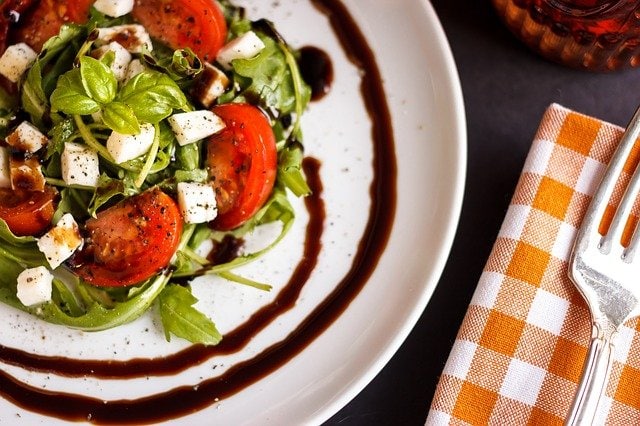
If you would like to get an expert’s advice on planning healthy snacks, Avaana can help you get in touch with a nutritionist online or in person.



